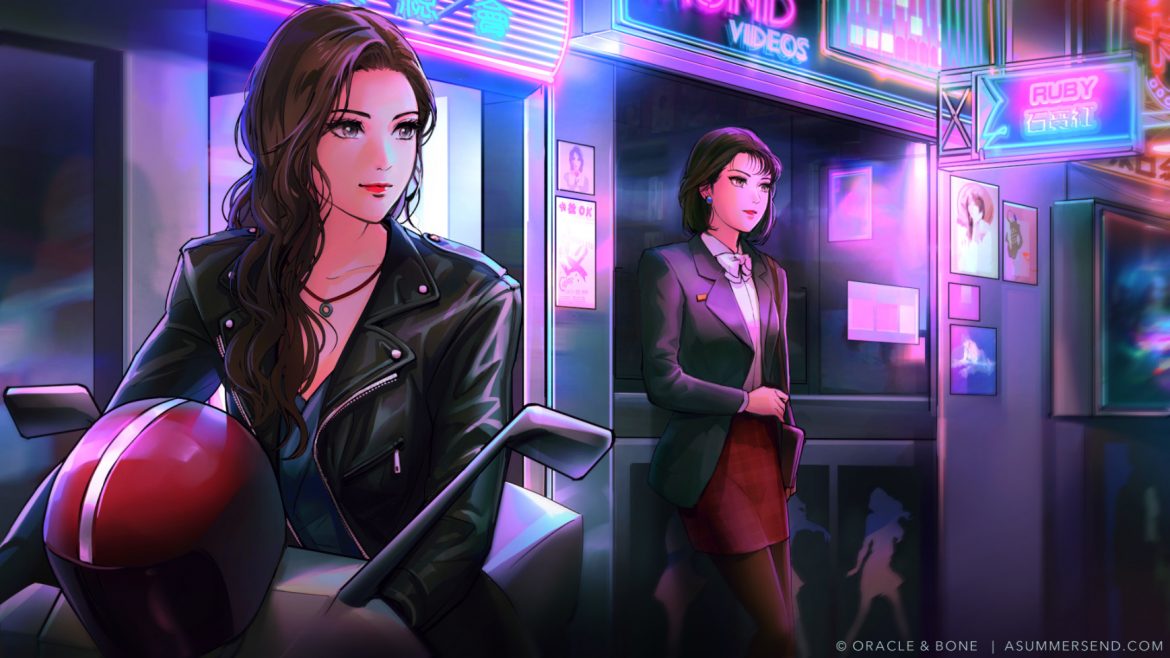Welcome back, readers.
I spent time last week and this week trying to think through how to draw a thread between critical games discourse and the now-worldwide protests against anti-Black police violence/brutality/murder–of George Floyd, of many, many other victims of the systemic racism rooted in the very core of western civilization, be it in the United States, my own Canada, or elsewhere. Trying to figure out how to rhetorically justify expressing my disgust on this games crit platform for militarized and state-sanctioned police power being brought lethally to bear on black and brown bodies time and again.
And maybe, oh maybe, that was fucking stupid? Like of course there are connections, but also, does that disgust need a rhetorical justification?
Racist police brutality is fucking disgusting.
And so this time I begin with some links.
- Donate to The Bail Project
- Donate to the NAACP Legal Defense Fund
- Donate to Black Lives Matter
- Hire Black Game Developers
- Split a donation between 70+ local bail funds across the US
- Support I Need Diverse Games
- Buy an enormous games bundle with all proceeds going to several of the above funds
This Week in Videogame Blogging is a roundup highlighting the most important critical writing on games from the past seven days.
Power and Privilege
Our opening segment this week collects four authors writing in different ways about how the games industry–be it developmental, academic, or journalistic spheres therein–works to insulate itself from meaningful change and maintain an oppressive status quo–status quo being white masculine supremacy.
- I Am Black And Tired | Kotaku
Ash Parrish validates the comfort Black players and writers seek while grieving. - The Pillars of Privilege – I Need Diverse Games
Tauriq identifies a misplaced sense of guilt among the privileged–and the constant expectation that everyone else take pains to assuage that guilt–as one of the key barriers that have continued to prevent a meaningful discussion of real, existing racial inequality in games, in media, in everything. - \\………..//: Beyond Gamergate
Liz Ryerson draws parallels between the Gamer-As-Bogeyman being a distraction from meaningful change and restorative justice in the industry, and the wider tendency in our culture to quell dissent from the status quo via the distraction of scapegoats. - The Video Game Industry Has No Clue How to Respond to Protests – VICE
Gita Jackson identifies how and why statements of solidarity from the largest corporations in gaming ring hollow.
“How can I trust that Activision Blizzard supports these protests when Blizzard suspended players for speaking out about the protests in Hong Kong last year, where protesters were also beaten by the cops? How am I supposed to believe EA is delaying its Madden announcement because it cares about Black lives, when it censored Kapernick’s name in a song in their last game? I am happy to see and hear the solidarity. But the games industry has to clean its own house too, and admit that it is part of the problem.”
Be Gay, Do Revolution
We’ve got two pieces this week, both with a focus on the developer side of things, looking at how queer games get made, past, present, future.
- LGBTQ+ representation in video games has come a long way | Android Central
Carli Velocci takes stock of the trajectory of queer visibility and representation in games over the better part of the last decade. - A Summer’s End: What It Means To Release A Queer Hong Kong Game In 2020 – Gayming Magazine
Stacey Henley talks through queer romance, protest, and resisting stereotyping with the developers of A Summer’s End.
“Hong Kong is its own character in the story, and one of increased importance given the current political landscape. However, Michelle and Sam tell a powerful story on their own, and represent queer narratives often ignored in fiction.”
Contemporary Waking Nightmares
We close out the week with two meditative reflections on games which themselves reflect the uniquely contemporary anxieties of this generation.
- Pleasant Nights, Troubled Dreams: She Dreams Elsewhere | RE:BIND
Mx. Medea plays a powerful and affective RPG about dreams and anxiety. - The Katamari is Full of Nightmares, Actually | Sidequest
Madison Butler delves into the ways in which Katamari Damacy is a quintessentially, horrifically millennial experience.
“The Prince is a beacon of and for our times. Not only is he atoning for sins of the previous generation by constantly cleaning up someone else’s mess (the King of All Cosmos, who is a pretty terrible father), he’s caught up in the gig economy. What nightmare-scape does this world exist in if even royalty is caught up in the gig economy? I didn’t think that was supposed to happen to rich people.”


